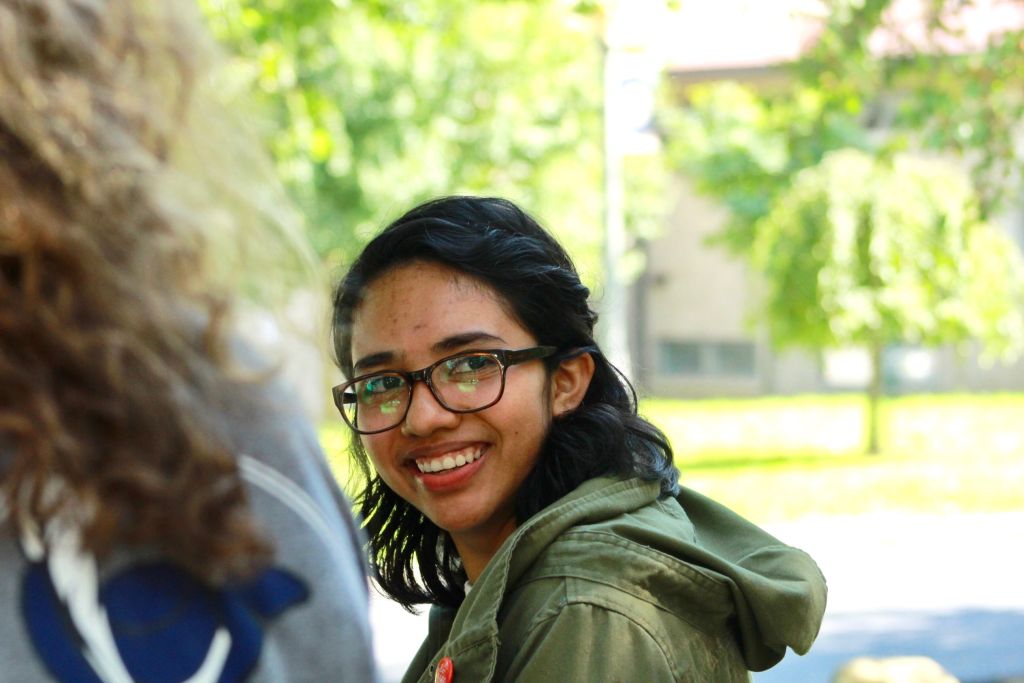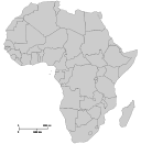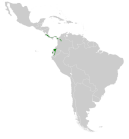International students fear to get an education in the United States ever since Donald Trump became president. Many students from around the world come to the United States for the educational opportunities they can not receive in their own country. Since Trump was elected president in 2016 the numbers of international students have dropped consistently on university campuses.
According to Student International during the 2016-2017 academic year, enrollment for graduate students went down 1.8 percent. Many schools find their international students facing denial and delays with their student visas. The Washington Post states that colleges depend on international students to bring diversity to the campuses and the tuition they pay.
Many other factors that restrict international students from enrolling in United States institutions is the cost of coming to the United States and the growing capacity of higher educational systems abroad.
Many leaders say Trump’s advocacy of immigration restrictions, travel bans and potentially creating a U.S.-Mexico border wall is not helping the United States compete for academic talent in the market globally.
International students at Cabrini face some of these challenges. As a university aiming to recruit international students, throughout the years, Cabrini has succeeded in recruiting students from Guatemala, Honduras, China, Ecuador, Ethiopia and elsewhere.
Dr. Paul Wright, assistant provost for international affair, study abroad coordinator and adviser of the Intercultural Students Organization says that there are about 16 international students on campus this fall semester.
Most international students do not get federal financial aid due to them not being citizens of the United States. The students are paying full tuition to study at Cabrini. They have opportunities to earn scholarship awards during their studies. Cabrini’s focus is for students in Latin America due to the Cabrini Sisters mission and the Catholic culture of those countries. Although they aim more towards Latin America, Cabrini wants to welcome students from all over the world.
“Our ideal is to expand the globe,” Wright said.

It has been difficult to recruit international students due the competition between well known universities and Cabrini. Another factors are gun violence and the political situations in the United States.
“Because of Trump, the welcoming spirit of the country does not seem what it ought to be,” Wright said.
Cabrini along with many other schools have seen multiple visa rejections since Trump has been in office. Cabrini has no specific information on why applicant visas are being rejected.
“Peoples [visas] who would have been accepted before are not being accepted,” Wright said.
Two international students from Cabrini share their personal stories and experiences about studying in the United States post Trump.
Bianca Huertas Perez (Guatemala)

In 1996 the Peace Accords that put an end to Guatemala’s 36-year civil war allowed the country to invest more in education. According to D+C, in 2013 Guatemala’s government spent around 2.8 % of its budget on education. Half of that money helped pay for teaching materials and school meals.
However, corruption ruined the country’s good plans on education. The teaching materials often do not arrive until the end of the school year. Sometimes they do not even come at all. The school meal program in many cases has failed as well. Every person is supposed to receive a breakfast and lunch in order to prevent malnutrition and improve attention in the class rooms. School meals are important to poor families because they depend on the meals to survive.
Most schools are in poor conditions in Guatemala. The teachers’ desks are made out of bricks, some schools are just made out of metal and the bathrooms are unsanitary. Natural disasters are another cause of the conditions the schools are in. Most schools do not have electricity so therefore, the students do not have access to computers in school.
Coming to America to get an education has benefited plenty of students like Huertas-Perez. She is Guatemala native who decided to further her education in the United States.
Huertas-Perez is a sophomore biology major with a health science track at Cabrini University. Being in this country has only been a matter of coincidences in her life. After making a decision to become Catholic, when she was around 16 years old, she also made the decision to become a missionary.
She entered the Cabrini sisters congregation three years ago and set her mind that she was going to go wherever God needed her to go. She knew he needed her to be prepared for the mission academically. Even though she was already studying nursing back in her homeland of Guatemala, the sisters thought that the best will be to continue Huertas-Perez’s religious and academic studies in the United States.
“Trump being in office only means that we have to work harder and speak louder for what we think is right,” Huertas-Perez said.
Huertas-Perez knows that the political situation in the United States is not the best, especially because of a new leader [Trump] that has been detaining those who were different. She still had to continue with the journey that she initiated a couple of years ago in her homeland. Huertas-Perez is here legally, but she still feels the struggle of those that have to fight a silent battle.She tries her best to take advantage of the opportunities she has to make a difference.
Huertas-Perez does not have any fears about continuing her studies in the United States. She is simply trusting in God through this journey.
Alissa Lovera (Venezuela)

According to DW, students in Venezuela are suffering because of the economic crisis. The teachers have to provide them with food and transportation, if they are unable to get it themselves. Violent protests around the schools are another reason why students do not attend. Many schools have to cancel classes because the lack of food, water and electricity. Business Insider says that the dropout rate in Venezuela has doubled since 2011. Teachers have been caught exchanging a passing letter grade for food from their students.
Alissa Lovera grew up in poor educational circumstances like these. She is a digital communication and social media major and her graduation year is 2022. Being an international student in the United States while Trump is in office is frightening for Lovera. She is aware of the fact that there is a democracy in this country. She is certain that Trump can not just tell her to leave the country because she went through a legal process. She is studying in the United States with a student visa. However, there is a lot of hostility in the political environment and Trump promotes hate against Latinxs.
” I am sometimes afraid that someone will hear my accent, ask me where I’m from and upon hearing I’m from Venezuela they will attack me,” Lovera said.
Lovera came to the United States to study and prepare her life. Back in her homeland, she had to her studies because of the political situations and was forced to work in order to survive.
“That is what people do in Venezuela, survive, not live,” Lovera said.
She is afraid of ignorance and entitlement. Lovera does not like confrontation but will stand up her Latinx roots. She believes that ignorance should be addressed by educating people, but fears some people do not want to be educated or learn about what is actually happening in other countries.
“I’m afraid I will have to enter confrontation with someone because they attack me or my culture or insult me,” Lovera said.






Sadly, Trump’s contentious issue is yet one more thing that makes being an international student away from home difficult, compounded by our complex culture and language problems. Welcoming and assimilation assistance must come from numerous sources, including the White House, to aid these young people embarking on life’s journey. Most struggle in their efforts and need guidance from schools’ international departments, immigration protection, host families, concerned neighbors and fellow students, and even informative books to extend a cultural helping hand.
Something that might help anyone coming to the US is the award-winning worldwide book/ebook “What Foreigners Need To Know About America From A To Z: How to Understand Crazy American Culture, People, Government, Business, Language and More.” Used in foreign Fulbright student programs and endorsed worldwide by ambassadors, educators, and editors, it identifies how “foreigners” have become successful in the US, including students.
It explains how to cope with a confusing new culture and friendship process, and daunting classroom differences. It explains how US businesses operate and how to get a job (which differs from most countries), a must for those who want to work with/for an American firm here or overseas.
It also identifies the most common English grammar and speech problems foreigners have and tips for easily overcoming them, the number one stumbling block they say they have to succeeding here.
Good luck to all wherever you study or wherever you come from, because that is the TRUE spirit of the American PEOPLE, not a few in government who shout the loudest! Supporters of int’l students must shout louder.